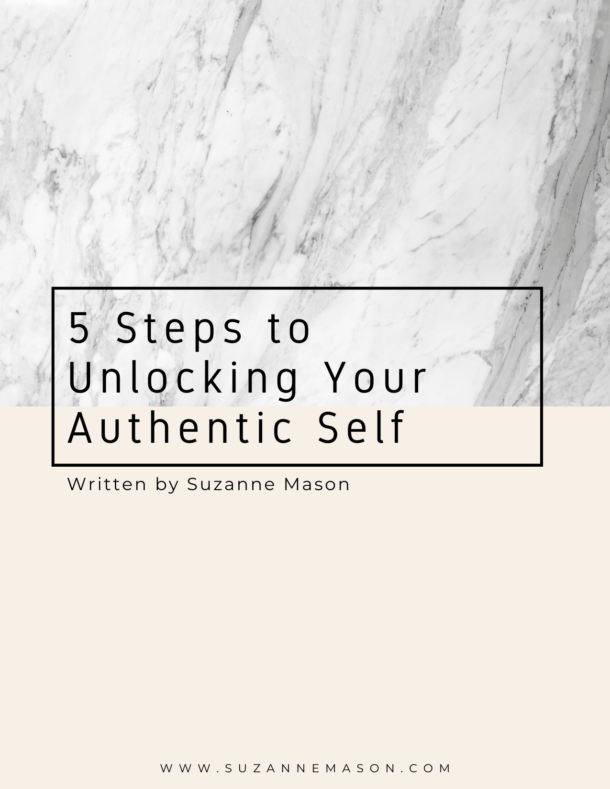EMOTION
How to Make Your Relationship Work by Knowing Yourself Better
27 August 2019
“We accept the love we think we deserve.”
― Stephen Chbosky, The Perks of Being a Wallflower
Do you remember that feeling of meeting someone and you immediately feel some kind of sparks? It may not necessarily be love at first sight because love takes time to nurture but that spark of chemistry. That spark that says you find that person interesting and you want to find out more.
That feeling of curiosity then grows in momentum and before you know it, you are seeing each other more days out of the week than you can recall. You are spending so much time with each other that your friends start to worry about your absence in their lives.
You want to spend all the time you have with each other and at last, there is love, there is connection and there is a relationship.
It is not all rose-tinted
But love is not all rosy all the time, when we get into a relationship with someone, we bring all our baggage. Some baggage may look like mental, physical or even financial but they all tap into the emotional compartment.
You each bring with you your past experiences, all the hurt, all the joys, all the disappointment, the frustration and the hope into your new relationship.
A relationship is fragile, almost like clay, you mould it slowly with your hands, it is soft and malleable and takes the form you impose on it.
But if you take your eyes of it for a moment, it gets bent out of shape but with care, it can get re-moulded back into shape too.
What do you really want in a relationship?
In a relationship we are all searching for something, we want to be loved, to love. To be respected, to be seen for whom we are and to connect to someone else in their entirety too.
But, seeing someone or to be seen in our entirety is scary because it leaves us vulnerable.
Vulnerable to hurt, vulnerable to being seen for who we are and getting judged for it.
We all have parts of ourselves we choose not to reveal to some people because in our hearts we feel like they may not accept us.
That is not wrong, after all, you wouldn’t be the exact same person at work and at home would you? Therefore, keeping facets of ourselves individuated at different parts of our life is only logical.
Different layers of us
In a relationship however, we tend to reveal all that is brilliant and all that is not quite as shiny. At first, we are on our best behaviour, most charming self. As the comfort and familiarity grows, the quirks start to appear; tardiness, stinginess, pettiness, fussiness and vanity.
At the next stage when you are truly comfortable with each other, the real you start to peek out like a sliver of a woman’s real complexion underneath a thick layer of foundation.
The trust issues, the attachment issues, the emotional insecurities, the temper and the need for control.
These are the real parts of you, the parts that you feel prickly about, the parts you lash out when angry and the parts you hide from others till you are ready for them to see.
These are the emotional components of you.
We all have these layers to us, what makes relationships differ from being great to miserable is the ability to view these layers objectively. Having an objective view of these layers will help you see that many of the frustrations come from your own emotional bias.

Being in relationship is a partnership
There are different things that can affect how you perceive your relationships but they tend to fall under these: Attachment issues, Self-esteem, personal identity, control issues and vulnerability.
Attachment Issues:
There are 3 main types of attachment and we all fall under one of them, when you figure out which you are, how you have been behaving in your relationships will make a little more sense to you.
- Secure
If you are absolutely confident that your partners are there for you and that you likewise are these for your partner especially at a time of great need, congrats, you are secure in your attachment.
- Anxious-resistant
If you worry that other people do not love you as you are or completely and you get frustrated easily by your partner not “getting you” then you are Anxious-resistant.
- Avoidant
If you pretend not to care about others to avoid disappointment or you hate people being too dependent on you then you are avoidant.
Being secure is the ideal place to be but being anxious-resistant or avoidant is just the person you are so don’t think of it as being wrong but see that as helping you understand why you behave in certain ways.
Self-esteem
A partner with high self-esteem does not need you to constantly praise them or remind them that you are being faithful. When you have high self-esteem, you naturally think of yourself as worthy of the things you have, the love you have. You are secure with yourself and with others.
If you have low self-esteem you will think of yourself as never meeting expectations, yourself and others. You will be insecure because you don’t believe that you are worthy of love or affection.
You will often question whether your partner really loves you and may even sabotage the relationship to fulfil your self-prophecy that you are unworthy of love. You have difficulty trusting your partner simply because you believe he can run off with anyone else.
Your self-esteem is reliant on how you make yourself feel. You can’t rely on your partner to boost your self-esteem. At the same time, when you feel good about yourself, you will find it easier to feel secure in yourself and your relationship.
Personal identity:
If you do not have your own likes and preferences in a relationship and instead defer to your partner to make all the decisions, you may have to think about who you are outside of your relationship.
A personal identity is about being your own person. In a relationship, many people tend to do the same things, act in similar ways or sometimes one party will just become the person the other wants to stay in a relationship. In the long run however, being another person becomes stifling and unsustainable.
I am sure you are familiar with relationships where either the man or the woman will demand that the other change their lifestyle like staying in instead of going out, changing the kind of clothes they wear, eliminating the friends they had or even how they behave.
In this way, the individual’s identity systemically changes to become another person altogether to please the other.
Control issues
Many relationships start out as a union of different personalities but over time due to control issues, there are partners who make it a point to be in complete control of the relationship, even to the extent of being in control of how the other behaves.
A person with control issues needs to have everything in their life as per what they want. Life, as you know doesn’t work like that. There are many things we cannot control and certainly many more that we shouldn’t control. Like another person. You should be with someone because you want to, because you love them. A controlling partner only drives the other away. Even if they are physically there, emotionally, they aren’t.
Controlling things like where the dishes should go is a minor thing that can be a quirk, but if you start to control things like what time your partner should be home and what they should wear or who they should be friends with then you have gone too far.
Trust is the first thing to work on if you do have control issues. When you trust someone, you are letting them be your co-pilot instead of just letting you pilot them to wherever you wish to go.
Vulnerability
Brene Brown said “how can you be loved if you don’t allow yourself to be seen”?
It is vulnerable to be seen in our entirety, in our nakedness. We have made such an incredible job of wrapping ourselves up so tightly that sometimes even we are not exposed to our own vulnerabilities.
How willing are you to let the other person in?
Many of us complain that nobody really knows us but when the right person comes along who wants to know us, we put on our armour, place the biggest padlock we can find on ourselves and we stop people from getting in. When we start to control, not trust, feel insecure, feel unworthy, these are all our fear of being vulnerable creeping up on us.
On one hand, it serves to protect but on the other, it smothers our need to love and to connect.
Knowing whether you have attachment issues, control issues, low self-esteem, lack of personal identity or vulnerability issues are just the first steps in knowing yourself. This is by no means an exercise to pinpoint problems, it is simply to be self-aware of who you are so that you can be objective about the emotional bias you bring into a relationship.
Did you discover anything new about your emotional bias? What could you or your partner do differently from now on to minimise some of these issues?
Want to know who you truly are?
Sign up now for a free ebook to unlock your authentic self in 5 steps.

